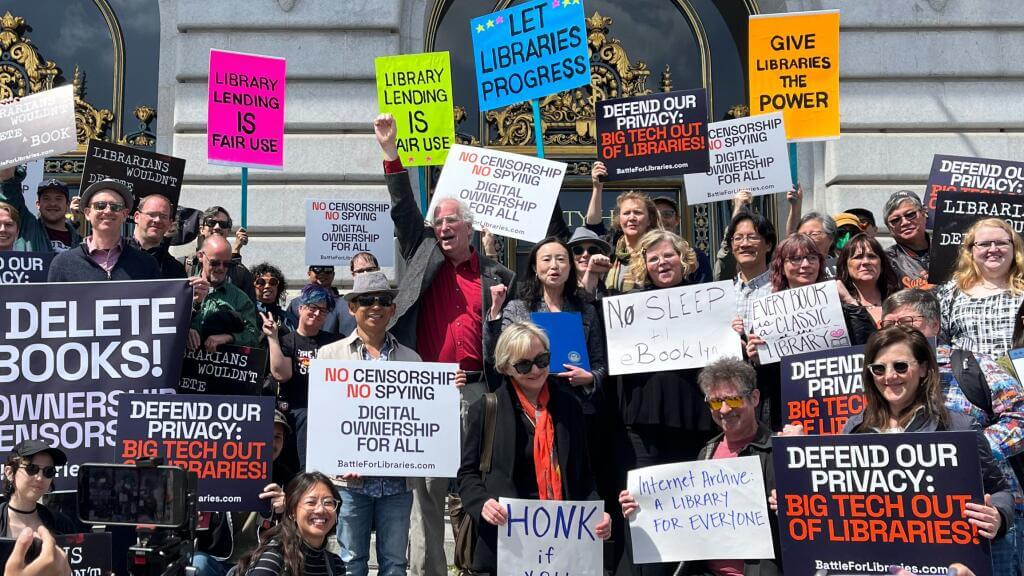The Internet Archive lost its case against some of the largest publishers in the world after it decided not to elevate the September judgment to the Supreme Court. This ends the saga of the e-book case that started during the pandemic, and we can finally put everything behind us.
The primary focus of the case was the Internet Archive’s “Open Library.” After scanning millions of print books with abandoned—digital files, the Internet Archive proceeded to “lend” the copies worldwide without consent or payment to authors or publishers. It sought to justify its end-run around the publishers’ markets, including their substantial ebook markets with U.S. public libraries, by presenting a radical theory that IA or its partner libraries could make and distribute unlicensed digital copies if they retained a copy of the print book for each digital “borrow.”
Unsurprisingly, the Court concluded that Internet Archive’s theory of “controlled digital lending” lacks any legal authority, harms authors (who have the right to set the terms for each format of a work), and usurps the value of publishers’ markets in contravention of the Copyright Act. “If authors and creators knew that their original works could be copied and disseminated for free, there would be little motivation to produce new works,” the Court said. “And a dearth of creativity would undoubtedly negatively impact the public.”
Ultimately, the Court concluded that digitizing physical copies of written work is not transformative because it merely transforms the material object embodying the expression, not the expression itself. “The Copyright Act protects authors’ works in whatever format they are produced,” the Court said. Nor is an infringer free to mask or nullify its infringement—for example, by asserting an “owned-to-loaned” ratio of physical to digital copies—the Court underscored.
With this case concluded, publishers have achieved a decisive and broadly applicable victory for authors’ rights and digital markets, an outcome that was our foremost, principled objective. In addition, the Internet Archive is bound by a sweeping permanent injunction. It must pay the Association of American Publishers, which funded the action, a confidential sum under the terms of a Court-approved, negotiated consent judgment between plaintiffs and the Internet Archive.
Michael Kozlowski is the editor-in-chief at Good e-Reader and has written about audiobooks and e-readers for the past fifteen years. Newspapers and websites such as the CBC, CNET, Engadget, Huffington Post and the New York Times have picked up his articles. He Lives in Vancouver, British Columbia, Canada.


